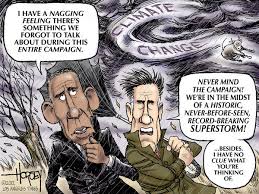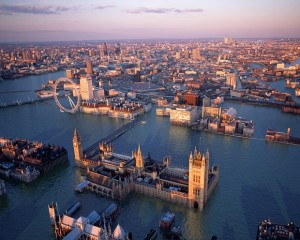
10 May EARTH MATTERS: CLIMATE CHANGE RISK THEORY
Editor’s note: Any article by scientist Billy Mason is worth reading, but this blog is particularly timely. Over Memorial weekend, starting Friday, May 24, Mountainfilm in Telluride will focus on Climate Solutions,” starting with Friday’s Moving Mountains Symposium:
“We are assembling an all-star lineup of scientists, authors and activists who are leading the way on this all-important issue. Some of the speakers will be familiar to Mountainfilm audiences: Bill McKibben (via Skype) will discuss an unprecedented campaign to cut off fossil fuel’s financial and political support through divestment; scientist Daniel Nocera will share the details of his artificial photosynthesis project; and activist Tim DeChristopher will talk about people power. Some of the guests will be new to Telluride: journalist John Hockenberry will emcee the day (he recently anchored a “Frontline” piece called “Climate of Denial”; philosopher Kathleen Dean Moore will speak about the ethical imperatives of not letting climate change spiral out of control; and Auden Schendler of Aspen Ski Company will examine what the outdoor industry can do,” says Mountainfilm.
 Climate change risk theory proposes that public awareness of real or perceived climate induced risks serves as a catalyst for a greater level of engagement in climate change planning. Some of the most common factors that influence public awareness of potential risks and subsequent willingness to implement climate change initiatives in particular places include a city’s physical location, direct experiences, economic impacts, rate of poverty, and voter turnout.
Climate change risk theory proposes that public awareness of real or perceived climate induced risks serves as a catalyst for a greater level of engagement in climate change planning. Some of the most common factors that influence public awareness of potential risks and subsequent willingness to implement climate change initiatives in particular places include a city’s physical location, direct experiences, economic impacts, rate of poverty, and voter turnout.
Specifically, cities are more willing to take action if they had a direct experience with climate change induced extreme weather events like Hurricane Sandy that devastated the East Coast, severe flooding in the Midwest that destroyed homes and crops, and the forest fires enabled by periods of prolonged drought in the West that burned homes and had a negative economic impact on tourism. Similarly, cities located in coastal settings that are vulnerable to an increasing rise in the sea level and frequent storm surges due to the effects of global warming have shown a propensity towards taking action to implement climate change initiatives.
Moreover, communities that have experienced dramatic injuries and death as the result of climate induced disasters view the risks associated with climate change to be personally threatening rather than a societal threat. The threat of personal risk has a greater effect on a person’s willingness to support climate change planning. Economic impacts also generate awareness and trigger a shift towards support for climate change initiatives. In particular, climate related impacts have a disproportionate effect on people living in poverty, whom typically lack the financial resources to relocate, rebuild, or feed themselves in the aftermath of a disaster.

London’s climate change future
In further support of the climate change risk theory, research confirms that people are more willing to acknowledge the risks associated with climate change if they perceive the problem to be solvable. However, if people perceive the problem as unsolvable due to political gridlock, limited financial resources, and/or lack of available technology, then lethargic public pressure could inhibit a city’s decision to engage in climate change planning. In addition, if people’s recognition that climate change has resulted in the recent extreme weather events remains buried by propagation of misinformation that these extreme events are naturally occurring, voters will be less likely to support climate change initiatives.
Thus, the presence of voter turnout generated by awareness of the real and perceived social, economic, and environmental risks associated with climate change serves as a proxy indicator of a community’s position that they can effectively address the problem and sway political decision-makers to take action.


George Harvey
Posted at 08:17h, 11 MayTo suggest that China is a leader in protecting the environment is a joke. Billy Mason’s article is the most disingenuous I’ve ever read about China and global warming.